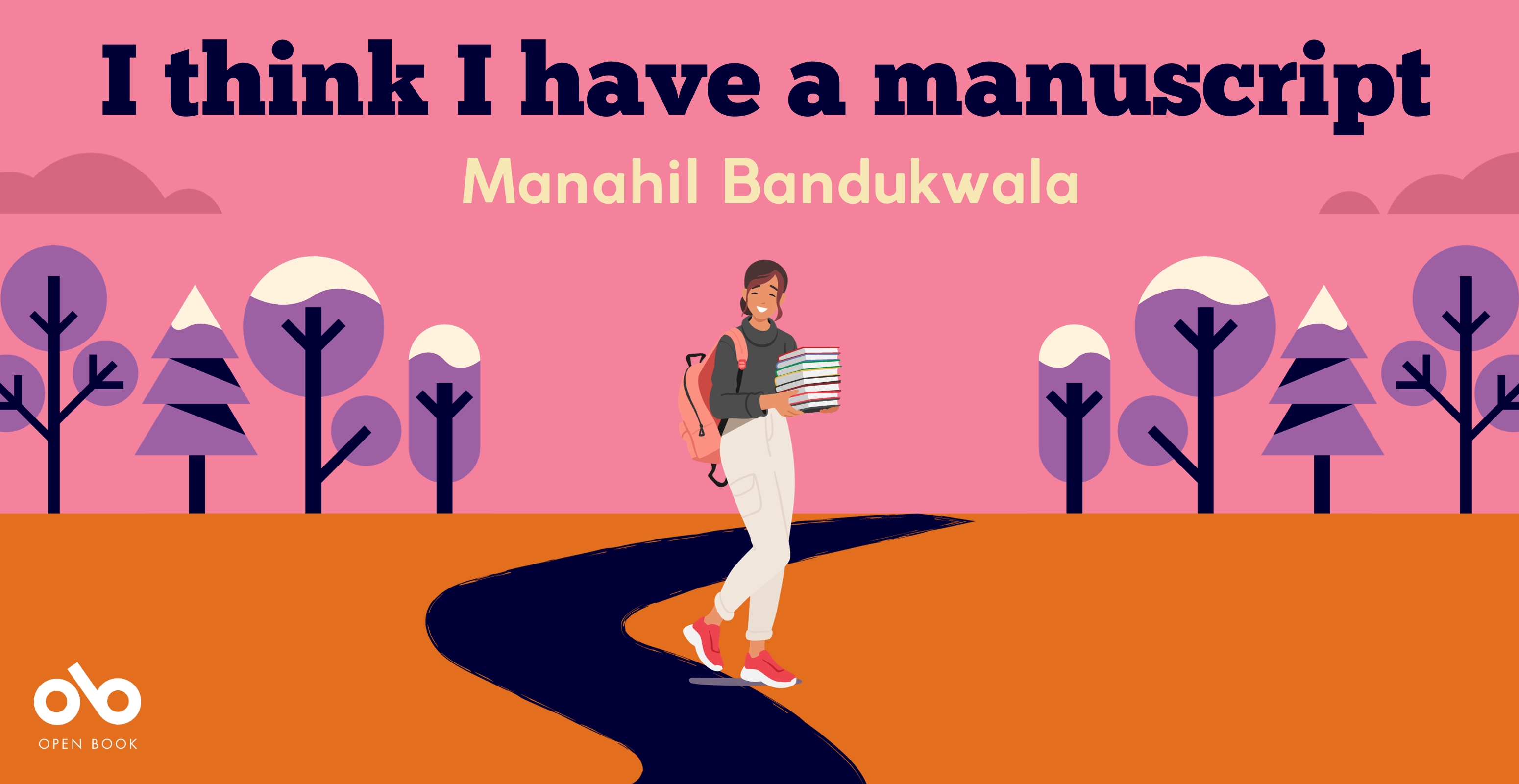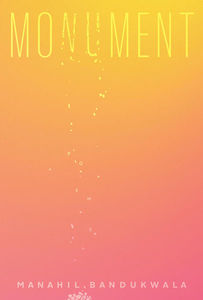I think I have a manuscript
By Manahil Bandukwala
This is what I said to myself about four years into publishing my poems in journals, magazines, and through chapbooks. Sifting through folders to put poems into a single Word document, I saw the page numbers continue to grow. There were still poems to come, but I was beginning to see a full-length collection take shape.
When I published my first chapbook, I just barely cobbled together enough good poems. As I was writing and learning and growing, I went to book launches and encountered all the different kinds of books people were putting out there. I thought how I would love to be up there reading from my own full-length book. Someday, I had told myself. But “someday” existed far in a disconnected future.
I didn’t feel like I had enough poems for my first collection, but I was coming towards the end of things I wanted to explore in it. It was maybe 40 Word document pages long—surely not long enough to be a book. But it was close enough to start looking at submission guidelines for presses. I added some filler poems to bump the page count up.
Looking at these guidelines, I learned something new. Around 40 manuscript pages is the minimum length for many presses for poetry collections. Those filler poems weren’t even necessary. Between submitting my manuscript and receiving an offer, I had written more poems that could go into the manuscript. Between the offer and beginning editing, I had written even more. The essence of the collection was the same, of course, but it had changed in many ways when the book was finally published. When it came to submitting the manuscript, I’m glad I went for it. I could have waited a long time, writing and editing and rewriting.
What might not look long enough to be a book in a Word document looks very different when published as a book. A book is smaller in size so the poems take up more room. A book has pages of beginning and end matter, including copyrights, contents, dedications, acknowledgements, and more, that add between 8-10 pages.
Your CanLit News
Subscribe to Open Book’s newsletter to get local book events, literary content, writing tips, and more in your inbox
I share this here because it’s a conversation I’ve had with poets who have responded with “I don’t have enough poems to fill a manuscript yet” when we’re talking about writing, and specifically, writing a book. Writing a poetry collection doesn’t work the same way as writing a novel. I’ve rarely began writing poems with the expectation that they’ll be a book—the book part has come incidentally.
When you’re wading through waters as an emerging poet, how do you even know that you’re ready to publish a full-length collection? If you don’t think you have a manuscript, why would you read the submission guidelines on press websites? How would you know what the length requirement is for a full-length collection?
There’s obviously so much more to getting a poetry manuscript together that won’t fit in a short blog post. But amongst the considerations of style, theme, poetic strength, flow, and more, having a manuscript that was long enough was definitely up there in my worries and concerns. If you’ve been having a similar worry, I hope this post assures you otherwise.
The views expressed by Open Book columnists are those held by the authors and do not necessarily reflect the views of Open Book.
Manahil Bandukwala is a multidisciplinary artist and writer. She is the author of Women Wide Awake (Mawenzi House, 2023) and Monument (Brick Books, 2022; shortlisted for the Gerald Lampert Memorial Award), and numerous chapbooks. In 2023, she was selected as a Writer's Trust Rising Star. See her work at manahilbandukwala.com.





